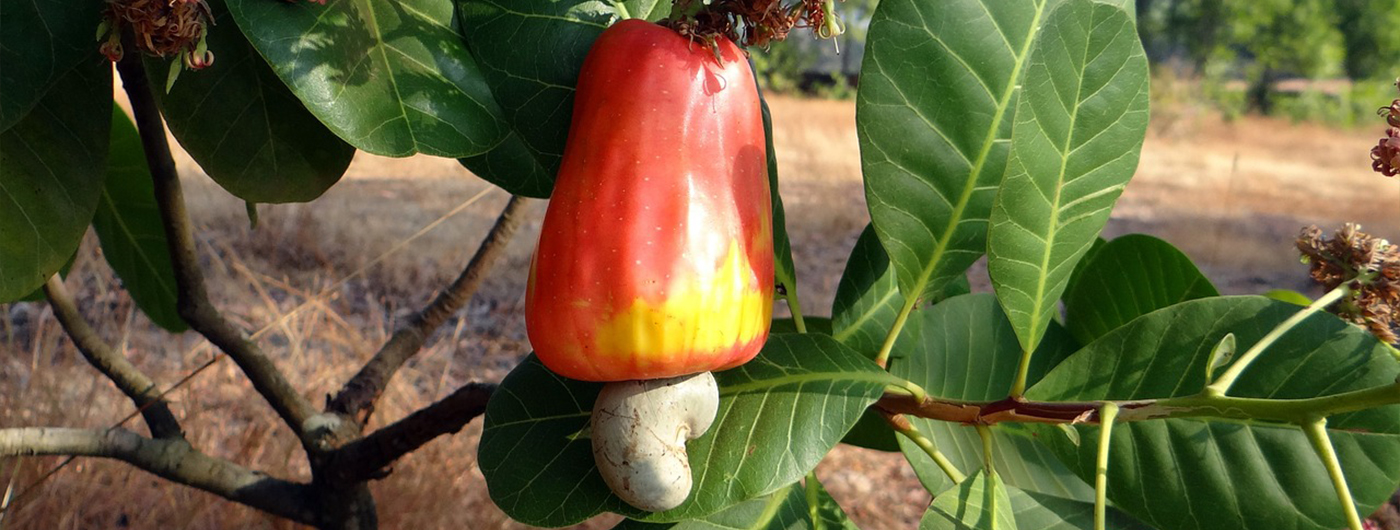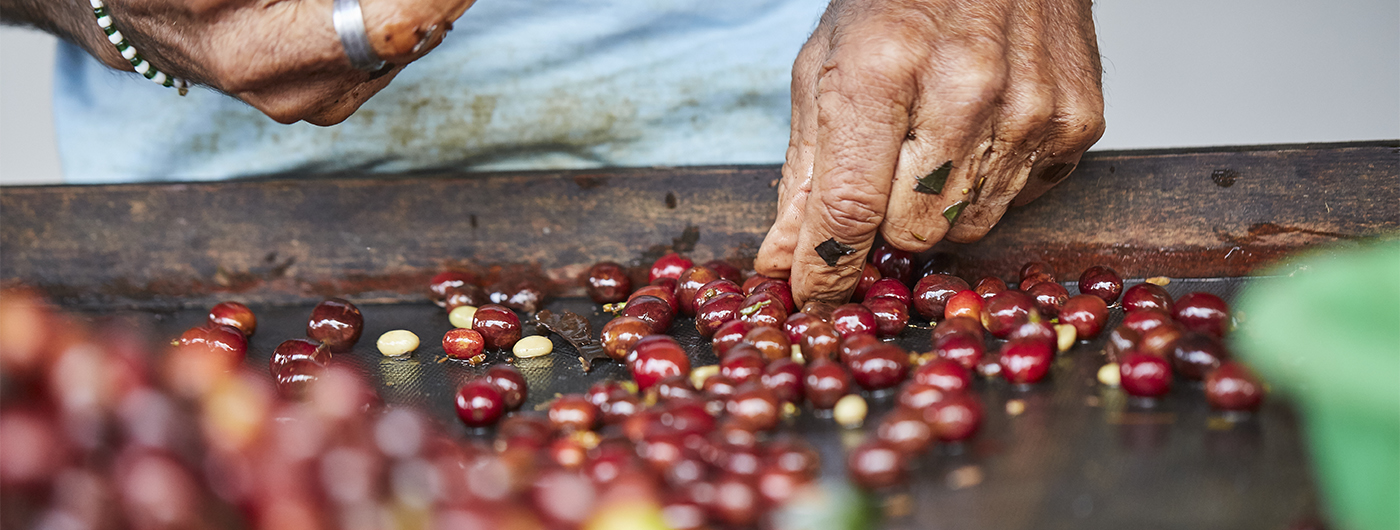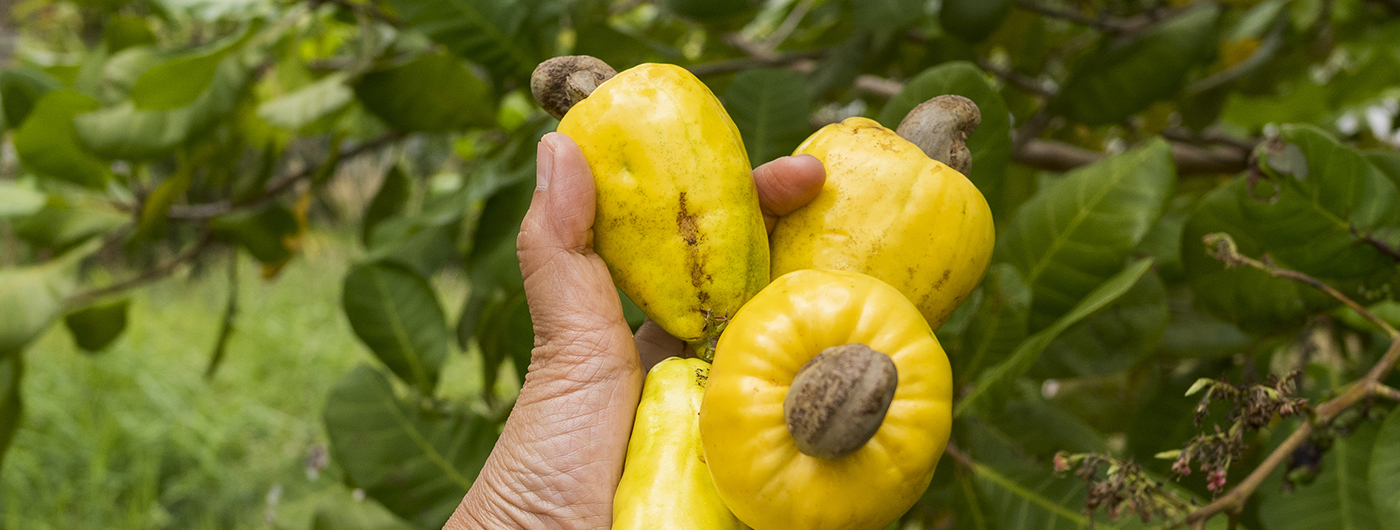

Harnessing Technology for Sustainable Coffee Production: A Path to Resilience
Coffee, a beloved beverage enjoyed by millions around the world, is not only a source of comfort but also an industry that supports livelihoods and economies. However, the coffee sector faces numerous challenges, including climate change, volatile market prices, and limited resources. To overcome these obstacles and ensure the long-term sustainability of coffee production, harnessing technology becomes crucial. This article delves into the potential of technology in promoting sustainable coffee production, highlighting its benefits and exploring innovative solutions.
The Power of Technology in Sustainable Coffee Production
Technology has the potential to revolutionize the coffee industry by improving efficiency, reducing environmental impact, and enhancing farmer livelihoods. Here are several key areas where technology can make a significant difference:
1. Precision Agriculture: By utilizing technologies like remote sensing, drones, and satellite imagery, farmers can monitor crop health, optimize irrigation, and apply fertilizers and pesticides more precisely. This precision reduces resource wastage, lowers environmental impact, and increases yields.
2. Data-driven Decision Making: Collecting and analyzing data can provide valuable insights into climate patterns, pest and disease outbreaks, and market trends. Farmers can make informed decisions on planting, harvesting, and marketing strategies, leading to improved productivity and profitability.
3. Mobile and Internet Connectivity: Access to mobile phones and the internet empowers farmers with vital information on weather forecasts, market prices, and farming practices. It also enables them to connect with buyers, access financial services, and participate in online training programs.
4. Blockchain Technology: Blockchain can enhance transparency and traceability in the coffee supply chain. From farm to cup, every step of the process can be recorded, ensuring fair trade, quality control, and sustainability certifications.
Innovative Technological Solutions in Coffee Production
1. Smart Irrigation Systems: Automated irrigation systems that adjust water usage based on real-time data and weather conditions can optimize water resources and minimize waste.
2. Internet of Things (IoT) Sensors: Deploying IoT sensors in coffee plantations can provide farmers with real-time data on soil moisture, temperature, and humidity. This information helps optimize crop management practices and improve resource efficiency.
3. Machine Learning and Artificial Intelligence: These technologies can analyze large datasets, predict crop diseases, identify pest infestations, and optimize crop yields. By utilizing machine learning algorithms, farmers can make data-driven decisions for pest control, crop rotation, and nutrient management.
4. Mobile Applications: User-friendly mobile applications can provide farmers with training materials, market information, and crop management guidance. These apps can also facilitate direct communication between farmers and buyers, fostering fair trade relationships.
Conclusion
Technology has the potential to revolutionize the coffee industry, enabling sustainable production practices, improving productivity, and empowering farmers. By harnessing the power of precision agriculture, data-driven decision making, connectivity, and innovative solutions, coffee producers can build resilience against climate change, reduce environmental impact, and enhance their livelihoods. However, it is crucial to ensure equitable access to technology, particularly for smallholder farmers, and promote collaborations between governments, private sector entities, and research institutions. Together, we can leverage technology to create a sustainable and resilient future for coffee production, benefiting farmers, consumers, and the planet.
KAI Farm Team ®


